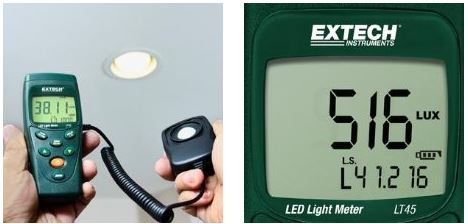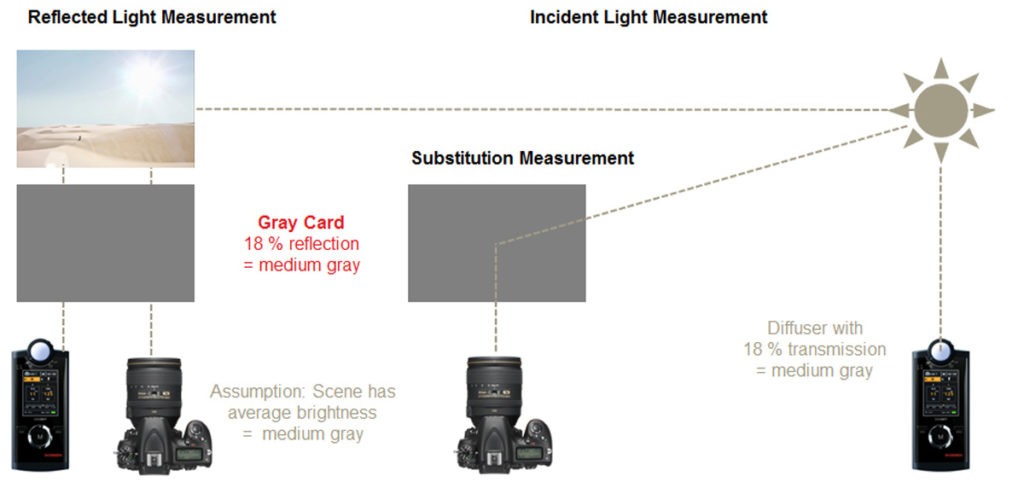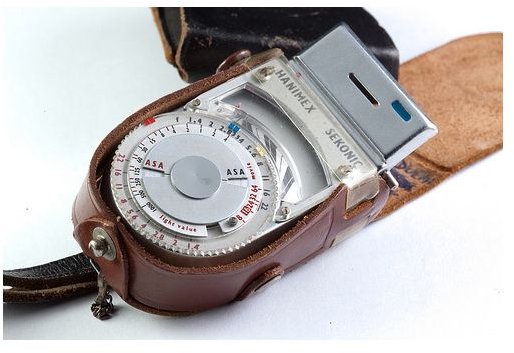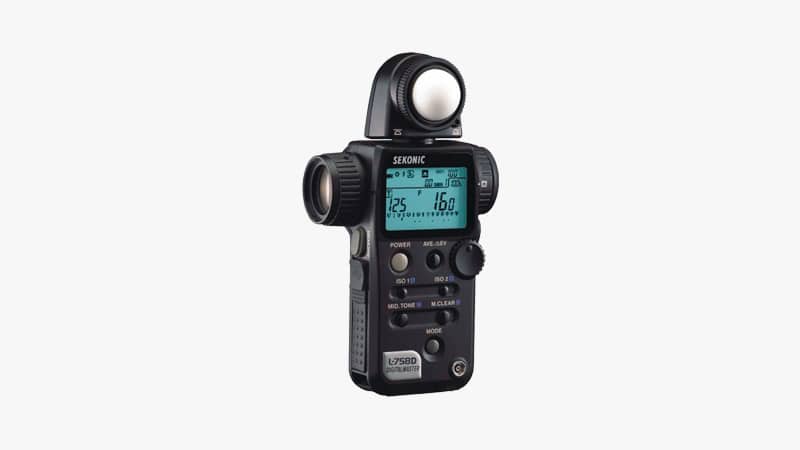Light meter ap 881e light meter for plants illuminance meter lux meters with display 3999 range from 1 300 000lux unit lux fc max min back light data hold data storage by aoputtriver 32 99 32.
Light meter calibration constant.
The app will average the data over the time constant weighting it with a linear fall off over the length of the time constant.
Firstly you need to hold the meter in front of the subject.
Autoscale or manual pinch pan y axis.
Calibrate option if you have a calibrated light meter or known.
In your example the second reading is higher because the light meter is picking up light from the other lights in the area.
Graph shows the time depedence of the light.
A flat receptor typically is used for measurement of lighting ratios for measurement of illuminance and occasionally for determining exposure for a flat subject.
A common choice is 12 5 canon nikon and sekonic.
The update speed is how often a new measurement is displayed.
The time constant can be set to 0 5 seconds 1 second 2 seconds or 5 seconds.
Switch the camera to manual mode and deactivate all functions that affect the exposure.
The light meter then gathers the reflected or incident light levels as per the type used.
K is calibration constant per lambert s cosine law if we have a perfect diffuser then reflectance r is r pi l e pi k cwhere l is luminancee is illuminance k is the calibration constant for a reflected meter andc is calibration constant for an incident meter for an 18 gray card r 18.
Two receptor types are common.
A value of 250 is commonly used.
Iso 100 in the external exposure meter and the camera and make sure that all correction values are at 0.
An incident meter should be pointed toward the camera a button is present on the side of the light meter.
Using k 12 5 the relationship between ev at iso 100 and luminance l is then.
Light meter calibration light meters are utilized in a variety of industries and applications including photography cinematography osha compliance security quality assurance photosensitive materials regulatory requirements process controls and clean room standards.
Is is almost impossible to measure the amount of light given off by 1 light in the conditions you describe.
For rapidly changing light levels a lower time constant is best.
Ideally you want to use a lux meter to measure the amount of light hitting a workstation or similiar.
To calibrate your meter we recommend the following method.
Calibrate a light meter.
The incident light calibration constant depends on the type of light receptor.
Flat cosine responding and hemispherical cardioid responding.
Values for the reflected light calibration constant k vary slightly among manufacturers.
With a flat receptor iso 2720 1974 recommends a range for of 240 to 400 with illuminance in lux.
Hold it down for few seconds while pointing it on the light.










